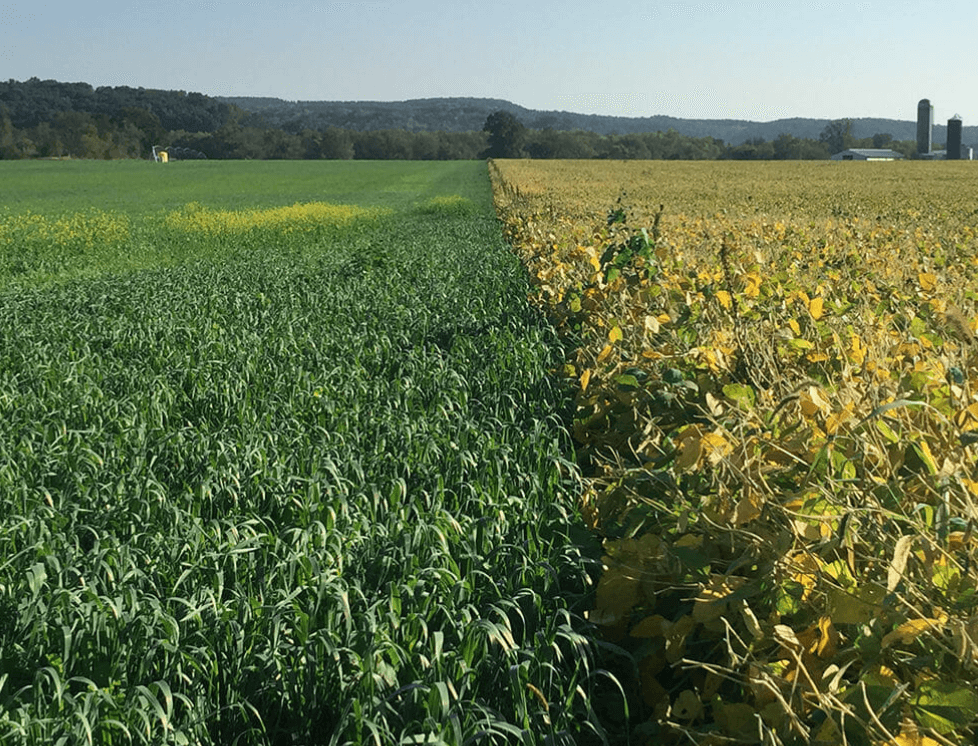Can Regenerative Agriculture Work In Mississippi? The term regenerative agriculture seems quite intimidating for beginners, but it is actually simpler than you think. Simply put, it is a practice whereby farmers use nutrient-rich soil and photosynthesis to absorb greenhouse gases from the atmosphere and trap them into the soil. If used properly, Regenerative agriculture can help reduce global warming and produce healthy, nutrient-dense food for consumption. There can be several components of regenerative agriculture including Monogastric, feed crops, vegetables, and ruminants. Let’s take a look at each one of these.

How to Do Regenerative Farming?
Firstly, you need a system to measure the key biological parameters of your farm soil. These include nutrient density and soil carbon levels. Secondly, you want to track these metrics at regular intervals to determine the effectiveness of your regenerative farming practices and how they’re impacting biodiversity, pest population, and soil health, among others. According to o climate scientists, if this practice is followed by enough farmers around the world, it can significantly reverse global warming.
What are Ruminant Animals?
Ruminant animals include cattle, deer, antelopes, giraffes, and sheep, among others. These animals are crucial to keep land healthy and nutrient-rich. They help in the fermentation of grass and other cellulosic materials and convert them into simple sugars in a starch component like rumen. This ultimately gets converted into muscle.
How the cattle are raised has a major impact on the production of greenhouse gases. Unlike the pre-colonial times, today’s animals are raised on grains where their waste keeps accumulating at a single place and reaches toxic levels instead of being absorbed by microorganisms in the soil.
So, by properly managing and feeding the cattle, they can help create a healthy ecosystem, and the quality and nutrition levels of the land can be improved without any significant human intervention.
What are Monogastric Animals?
Monogastric animals need balanced nutrition especially carbohydrates for their survival. These include humans, rabbits, pigs, and chickens. Unlike ruminants that can live on plants and cellulose material, Monogastric animals also rely on feed crops to survive.
If feed crops are grown using healthy crop rotations in well-managed organic farms, we can produce healthy and delicious food to feed all types of Monogastric animals while reducing carbon emissions at the same time. Poorly managed crops, on the other hand, can adversely affect the land, which is a major reason for global warming.
Most of the farming around the world is done to grow feed crops. In the US, the largest grown crop is corn, covering more than 400 million acres. The worst part is that about one-third of the corn is used to produce ethanol through energy-guzzling processes. The rest is used for poultry, beef, and dairy production (although the grass is an ideal food for ruminants)
Now, if we focus more on growing diversified crops instead of just traditional corn, we can double the production of food in America while also reducing the negative effects of climate change. This can be easily accomplished by adopting regenerative farming practices. Regenerative agriculture can also help protect the fertile top layer of the soil.
Benefits of Growing Diversified Vegetables
Contrary to popular belief that vegetables are the most grown food items in America, vegetables, fruits, and nuts contribute to only 3% of agriculture here. Diversified crops and vegetables are crucial for a healthy environment and human health. That’s why creating effective rotational systems is the need of the hour that can work together with animals and nature without requiring any pesticides and fertilizers. By creating such a holistic system we all can make a positive impact on the environment, remove excess carbon out from the atmosphere and utilize it to improve soil health.
Will Regenerative Agriculture Work In Mississippi?
Now is a great time to start regenerative agriculture in Mississippi. Our vastly experienced and knowledgeable professionals can help you take advantage of lucrative investment opportunities that Mississippi land for sale offers. Browse through our top postings and for more guidance, contact Doug Rushing Realty today.
